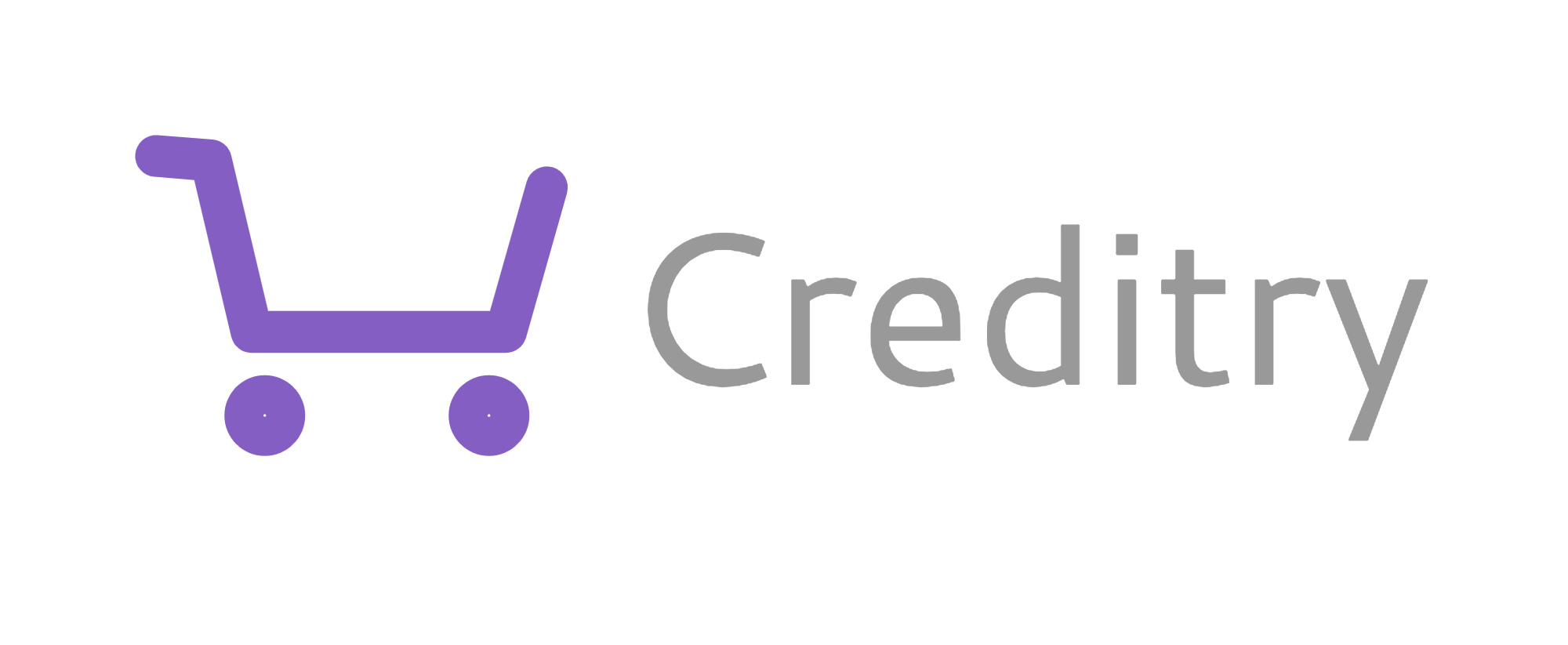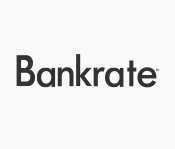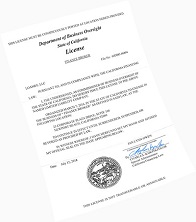What Is
A Merchant Cash Advance?
Merchant cash advance financing allow your small business to leverage your future revenue in order to secure funding immediately. They are most often used when a company is confronting a critical cash shortage or other difficulties – especially if they don’t have access to more traditional business loans. Approval traditionally requires that your business has a relatively reliable stream of daily income via credit card purchases, like that of restaurants, doctor’s offices, retail shops, etc. Because of this, a merchant cash advance is sometimes referred to as a “working capital advance.” In recent years, however, merchant cash advance lenders have begun providing services to select other types of businesses as well.
It is relatively easy for businesses with reliable income to get approved for this sort of small business cash advance, since it relies less on your credit score and more on your business’s income stream. These advances are not technically “loans” in the legal sense. Merchant cash advance companies are essentially purchasing the right to a portion of your future income rather than loaning you money to be repaid with interest, so merchant cash advance financing isn’t regulated by the usual federal agencies who manage other types of merchant loans. Merchant cash advance companies are regulated by the Uniform Commercial Code which governs business transactions across state lines, although the details of that oversight may vary from state to state. While we commonly refer to MCA companies as “lenders,” they are more accurately considered “providers” since there’s no “loan” involved. This is a technicality worth keeping in mind, even though it’s not usually necessary to overly worry about the terminology in casual use.
Unlike typical business cash advance loans, repayment of a merchant cash advance isn’t computed using interest rates or monthly installments. Instead, merchant cash advance lenders use what’s called a “factor rate.” Typical factor rates range from 1.09 to 1.5, although rates outside of this range are possible. The total amount advanced is multiplied by the negotiated “factor rate” and that’s how much must be repaid.
Repayment is typically structured one of two ways. Historically, the most common method is for the provider to claim a percentage of daily credit card sales until the amount is paid in full. This is called the “holdback amount” or simply the “holdout.” This offers the advantage of the business paying less during slow periods and more when business is good. It has become more common for MCAs to be set up for repayment via Automated Clearing House (ACH), which allows providers to withdraw fixed daily or weekly amounts directly from your business account. Please note that under either repayment system, the provider is not relying on the business owner to write a check or approve a transaction. The funds are removed automatically based on the merchant cash advance agreement until the amount borrowed plus “factor rate” charges is repaid in full.
This unusual means of calculating loan costs can obscure the true cost of the loan. It also leads to a somewhat ironic dynamic in which the faster your business repays the advance, the more you’re paying in terms of annual percentage rate (APR). Interest is computed on the balance of the loan over time, so paying extra towards principle can lower how much interest is paid over the life of the loan. With a “factor rate,” however, the total amount owed is the same whether it takes a month or two years to repay (although there are usually limits on how long repayment can take written into the contract). If business is good and repayment happens quickly, and the extra charges are computed as if they were figured using APR, faster repayment costs more. This is useful to consider if comparing merchant cash advances to other business cash advance options.














